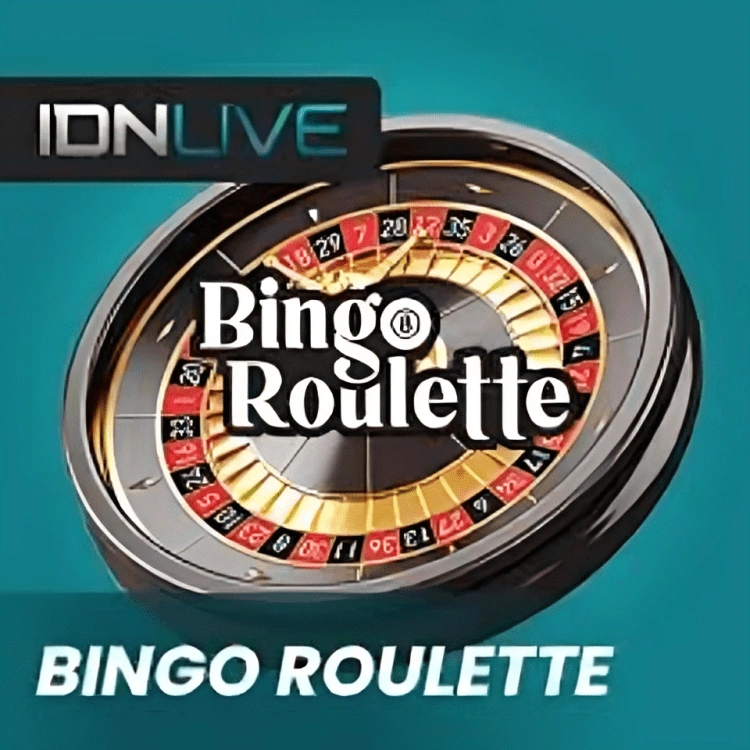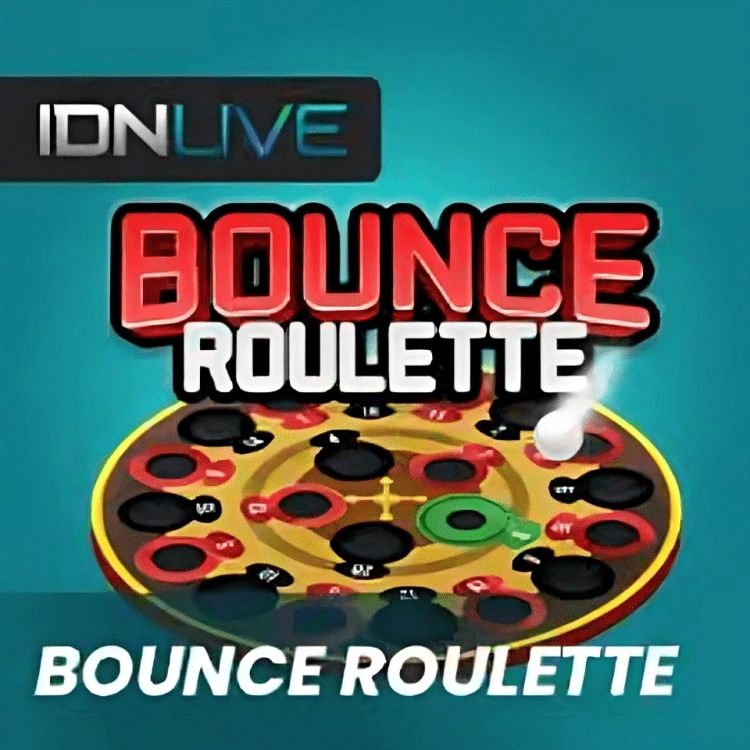PlayStation Games: Konsol yang Mengubah Industri Game
Sejak debutnya pada awal 1990-an, PlayStation games telah hino99 menjadi ikon dalam dunia gaming. Konsol pertama menghadirkan grafis 3D yang menakjubkan dan koleksi game inovatif, membuatnya cepat populer di kalangan gamer. PlayStation tidak hanya menjadi platform bermain, tetapi juga membentuk budaya gamer melalui franchise legendaris yang masih dikenal hingga kini.
PlayStation games menawarkan ragam genre, mulai dari aksi, RPG, balapan, hingga horor. Seri seperti Final Fantasy, Resident Evil, dan Gran Turismo menjadi ikon karena cerita menarik, karakter ikonik, dan mekanik gameplay yang mendalam. Game-game ini tidak hanya menghibur, tetapi juga menantang kreativitas dan strategi pemain.
Setiap generasi PlayStation menghadirkan teknologi baru. PlayStation 2 menampilkan grafis halus dan gameplay kompleks, PlayStation 3 mempermudah pengalaman online melalui PlayStation Network, sementara PlayStation 4 dan 5 menawarkan kualitas visual sinematik, AI cerdas, dan kontrol presisi. Evolusi ini menjaga relevansi PlayStation games di tengah persaingan konsol global.
Narasi menjadi salah satu kekuatan utama. Game seperti The Last of Us dan God of War menghadirkan cerita emosional yang membuat pemain terhubung dengan karakter dan dunia permainan. Pendekatan sinematik ini mengubah cara banyak orang melihat video game, dari sekadar hiburan menjadi medium bercerita yang mendalam.
Pengalaman sosial juga menjadi nilai tambah. Multiplayer online, turnamen global, dan komunitas fanbase memungkinkan interaksi antar-gamer di seluruh dunia. Interaksi ini menambah dimensi baru, dari hiburan solo menjadi pengalaman sosial yang kompetitif dan menyenangkan.
Inovasi selalu menjadi ciri khas PlayStation. Dari motion control PlayStation Move hingga realitas virtual PlayStation VR, Sony menghadirkan pengalaman bermain unik dan imersif. Layanan digital seperti PlayStation Plus mempermudah akses ke banyak game, menyesuaikan kebutuhan gamer modern.
Kesimpulannya, PlayStation games adalah perpaduan teknologi, kreativitas, dan komunitas global. Dari game klasik hingga judul modern, PlayStation terus menghadirkan pengalaman bermain mendalam dan beragam, menjadikannya konsol legendaris yang sulit ditandingi.






